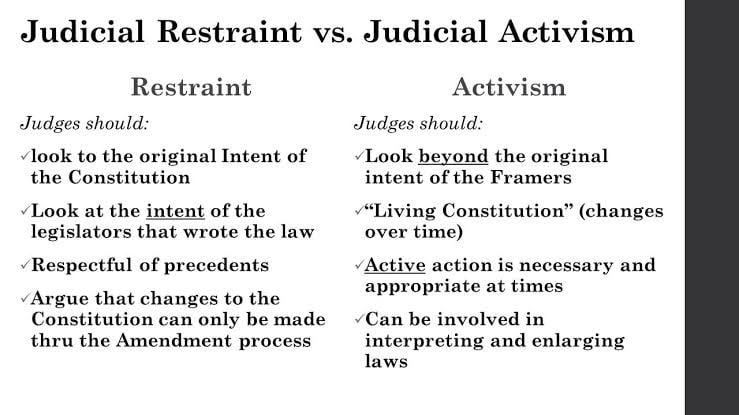CURRENT AFFAIRS
Get the most updated and recent current affair content on Padhaikaro.com
SC to weigh between ‘national security’, judicial scrutiny
- Vaid's ICS, Lucknow
- 09, Feb 2022

G.S. II
Topics Covered: Separation of powers between various organs dispute redressal mechanisms and institutions.
Context:
The Supreme Court is all set to examine whether the Centre can expect a free pass on matters pertaining to national security.
What’s the issue?
The question whether the state can use ‘national security’ as a ground to limit judicial scrutiny has come up for scrutiny in the MediaOne TV channel case.
The government has cited national security reasons in the Kerala High Court for canceling telecast permission to the Malayalam news channel.
- Recently, in its Pegasus snooping case order, the Supreme Court observed that the Centre cannot expect a ‘free pass’ from the courts as soon as it raises the ‘spectre of national security’.
Observations made by the supreme court on this matter:
Scope of judicial review is limited in matters involving national security. However, this does not mean that the state gets a free pass every time the spectre of ‘national security’ is raised.
What harm can this cause?
One of the major concerns raised by citizens recently is the “chilling effect” such state actions endure to have on free speech, especially in the media.
What has the Supreme Court said in the Anuradha Basin case?
Anuradha Bhasin case concerned Internet restrictions in Jammu and Kashmir in the backdrop of the abrogation of Article 370.
- The court had ruled that any order of the state which restricts the fundamental rights of speech or expression should be backed by reasons.
- The courts should be convinced that the state acted in a responsible manner and did not take away rights in an “implied fashion or a casual or cavalier man.
Other related cases:
In Government of India v. Cricket Association of Bengal and Shreya Singhal v. The Union of India cases, the court has observed that there is no dispute that freedom of speech and expression includes the right to disseminate information to as wide a section of the population as is possible. The wider range of circulation of information or its greater impact cannot restrict the content of the right nor can it justify its denial.
What is Judicial Review?
Judicial review is the power of Judiciary to review any act or order of Legislative and Executive wings and to pronounce upon the constitutional validity when challenged by the affected person.
Judicial review present in India:
- The power of Judicial Review comes from the Constitution of India itself (Articles 13, 32, 136, 142 and 147 of the Constitution).
- The power of judicial review is evoked to protect and enforce the fundamental rights guaranteed in Part III of the Constitution.
- Article 13 of the Constitution prohibits the Parliament and the state legislatures from making laws that “may take away or abridge the fundamental rights” guaranteed to the citizens of the country.
- The provisions of Article 13 ensure the protection of the fundamental rights and consider any law “inconsistent with or in derogation of the fundamental rights” as void.
Facts for Prelims
Sentinel on the qui vive
Sentinel on the qui vive is usually translated as watchful guardian. Qui vive means watchful or alert.
- Supreme Court recognized this phrase in State of Madras v. VG Row. Union of India & State (1952), where the Court has been given the role of “Sentinel on the Qui Vive” with regards to the “fundamental rights”.
Major non-NATO ally (MNNA)
US has designated Qatar a MNNA.
What is a MNNA?
- It is a designation given by the United States government to close allies that have strategic working relationships with the US Armed Forces but are not members of the North Atlantic Treaty Organization (NATO).
- Nations with MNNA designation are eligible to, among other things, host U.S. war reserve stockpiles of material inside their countries.
- While MNNA status provides military and economic privileges, it does not entail any commitments to the designated country.
- India is not a MNNA of US.